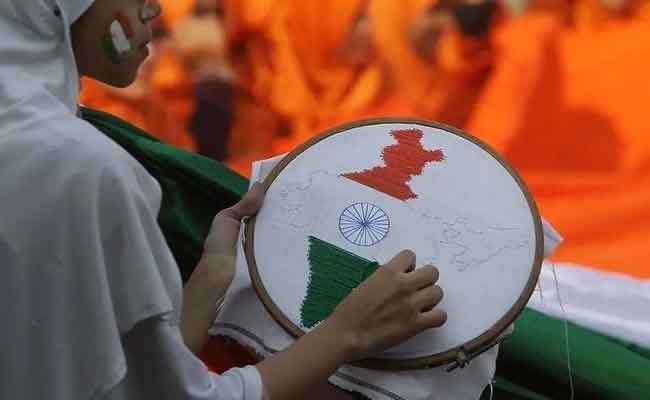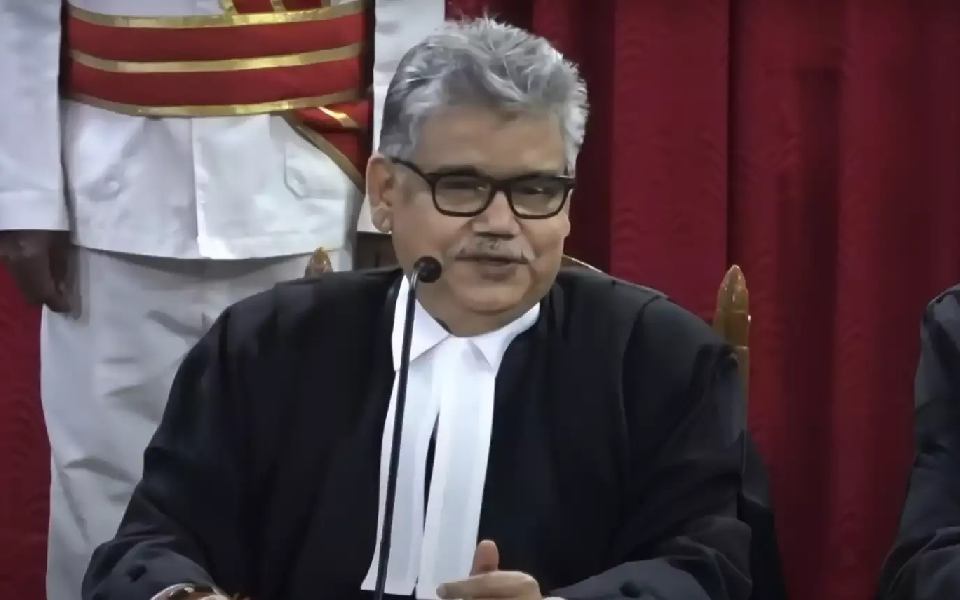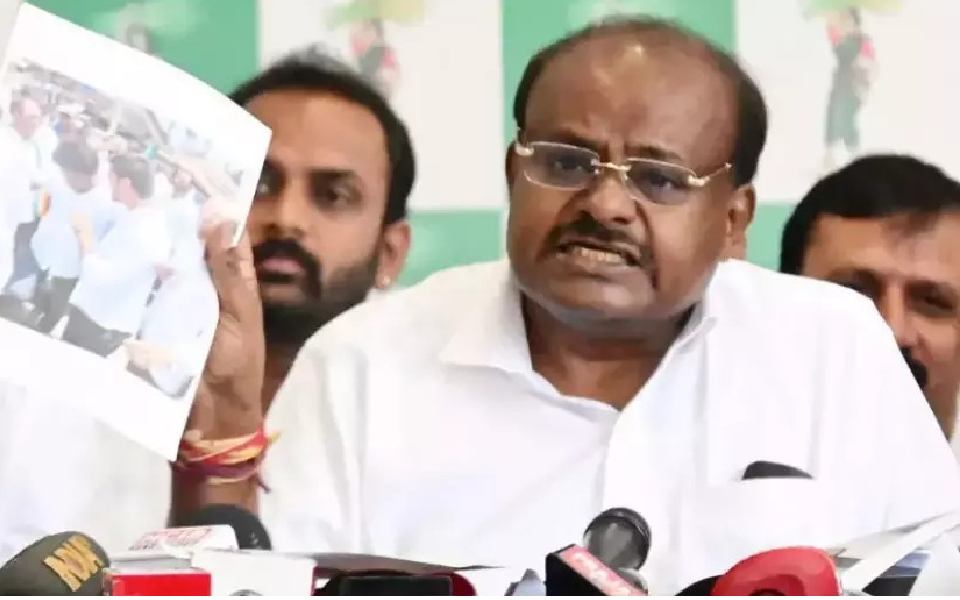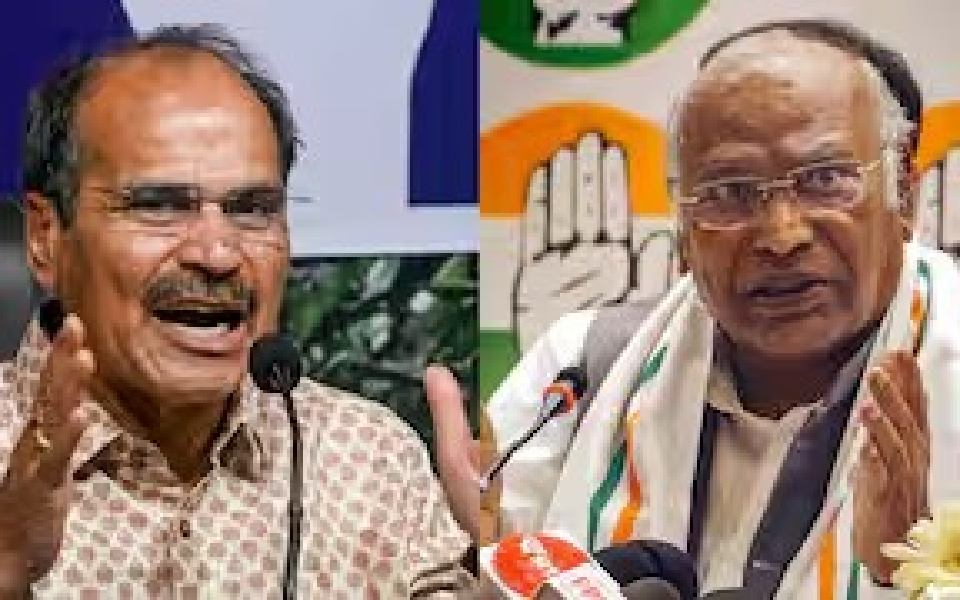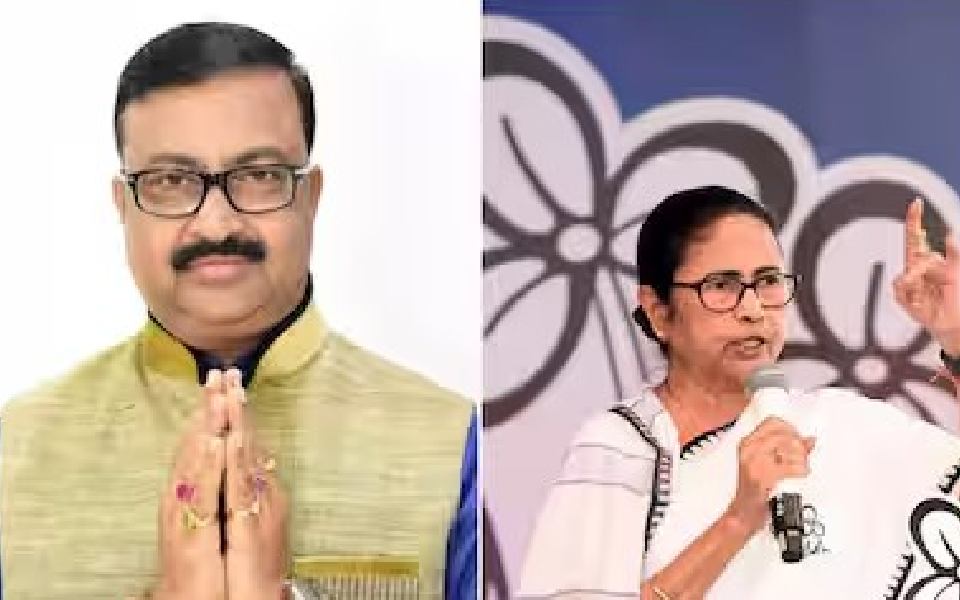New Delhi: The Population Foundation of India (PFI) has raised alarm over the misinterpretation of data from a recent Economic Advisory Council to the Prime Minister (EAC-PM) working paper. The PFI, an independent think tank focusing on population trends and reproductive health, criticized media reports for spreading misinformation about the growth of the Muslim population in India.
The EAC-PM's working paper, titled "Share of Religious Minorities: A Cross-Country Analysis (1950-2015)," examined the population shares of various religious communities across 167 countries, including India.
The EAC-PM's working paper presents shifts in the populations of religious groups by expressing the difference between 1950 and 2015 as a percentage of each group's population in 1950. This method highlights significant changes, such as the Muslim community's rise of 4.25 percentage points, termed as a "43.15% increase" from the 1950 Muslim population. Conversely, Hindus' share declined by 7.82%, Christians' increased by 5.38%, Sikhs' rose by 6.58%, and Parsis' declined by 85%.
However, this methodology wasn't applied to Buddhists and Jains. If it were, it would suggest an extraordinary 1,520% increase in the Buddhist population. Instead, the paper refers to this growth as simply a "noticeable increase," given that their share rose from 0.05% to 0.81% of the total population during this period.
The paper emphasised a nuanced analysis of demographic shifts, illustrating changes in religious groups' populations over time. However, the PFI cautioned against sensationalism and clarified that fertility rates are influenced more by development factors than religious affiliation. They cited successful family planning programs in Muslim-majority countries like Bangladesh and Indonesia as evidence.
The working paper's release coincided with political discourse surrounding India's demographic landscape, with some parties using the statistics to question population trends. The PFI further stressed on the importance of responsible reporting, urging media outlets to provide accurate and contextualised information. It said that media outlets were misreporting the findings contained in the working paper “to spread alarm regarding the growth of the Muslim population”, adding, “Such interpretations are not only inaccurate but also misleading and baseless.”
In light of successive Census data and National Family Health Surveys indicating declining growth rates among all religious groups, the PFI stressed the need for inclusive policies promoting education, income equality, and gender equity.
Let the Truth be known. If you read VB and like VB, please be a VB Supporter and Help us deliver the Truth to one and all.
Kolkata, May 20: Justice Chitta Ranjan Dash, who retired as a judge of the Calcutta High Court on Monday, said he was a member of the Rashtriya Swayamsevak Sangha (RSS).
Speaking at his farewell at the high court in the presence of the judges and members of the bar, Justice Dash said he was "ready to go back to the organisation" if they call him for any assistance or for any work that he was capable of doing.
"To the distaste of some persons, I must admit here that I was and I am a member of the Rashtriya Swayamsevak Sangha (RSS)," he said.
Demitting office after over 14 years as a judge, Justice Dash came to the Calcutta HC from the Orissa HC on transfer.
"I owe a lot to the organisation... I am there from my childhood and throughout my youth," he said.
"I have learnt to be courageous, upright and have an equal view for others and above the sense of patriotism and commitment to the work," he said.
Justice Dash said that he had distanced himself from the organisation for about 37 years because of his work.
"I have never used my membership of the organisation for any advancement of my career because it is against its principles," he said.
Justice Dash said he treated everybody at par, be he a rich person, be he a communist, or from the BJP, Congress or TMC.
"All are equal before me, I do not hold any bias for anyone or for any political philosophy or mechanism," he said, adding that he tried to dispense justice on the principles of empathy and that "law can be bent to do justice, but justice cannot be bent to suit the law".
He said that he is "ready to go back to the organisation" if they call him for any assistance or for any work they need which he is capable of doing.
"Because I have not done anything wrong in my life, I have the courage to say I belong to the organisation, because that is also not wrong," he said.

